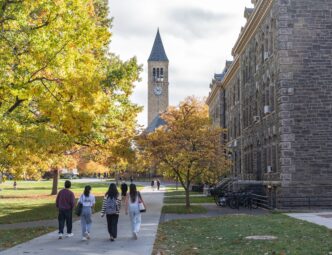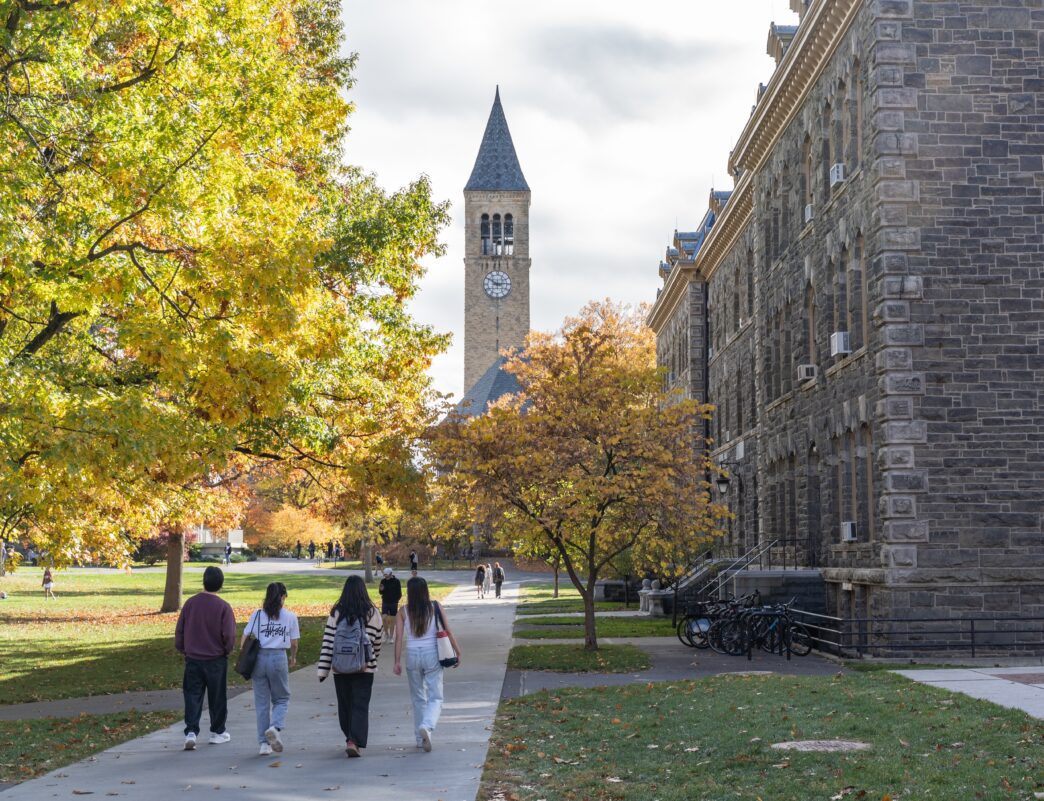Executive Summary
- Cornell University reached a $60 million settlement with the Trump administration to restore over $250 million in federal funding and close pending civil rights investigations.
- Under the agreement, Cornell will pay $30 million, invest $30 million in agricultural research, provide anonymized undergraduate admissions data for audit, and conduct annual campus climate surveys.
- This settlement is part of the Trump administration’s broader efforts to influence university policies, including those related to diversity, equity, and inclusion, following similar agreements with other Ivy League institutions.
The Story So Far
- The Cornell University settlement is a direct outcome of the Trump administration’s ongoing broader efforts to influence university policies, particularly those related to diversity, equity, and inclusion programs, and to enforce anti-discrimination laws. This initiative has placed significant financial pressure on institutions, like Cornell, through funding freezes and investigations, compelling them to engage in agreements to restore federal funding.
Why This Matters
- The $60 million settlement between Cornell University and the Trump administration underscores the significant financial leverage the administration holds over academic institutions, compelling universities to make concessions like providing admissions data and investing in specific research to restore federal funding and close investigations. This agreement highlights the Trump administration’s broader strategy to influence university policies, particularly regarding diversity, equity, and inclusion programs, by tying federal funding to compliance and potentially impacting institutional autonomy and academic freedom across the higher education sector.
Who Thinks What?
- The Trump administration views the settlement as a “major win for American students” and a “transformative commitment” from an Ivy League institution to end “divisive DEI policies,” reflecting their broader efforts to influence university policies.
- Cornell University President Michael Kotlikoff stated that the agreement acknowledges the government’s commitment to enforce anti-discrimination law while protecting academic freedom and institutional independence, and highlighted the significant financial pressure from funding freezes as a key factor in reaching the settlement.
Cornell University has reached a $60 million settlement with the Trump administration, effective Friday, to restore over $250 million in federal funding that had been previously terminated and to close pending civil rights investigations. The agreement, announced November 7, 2025, requires Cornell to pay the federal government $30 million and invest an additional $30 million in agricultural research programs.
Under the terms of the deal, Cornell will also provide the federal government with anonymized undergraduate admissions data, which will be subject to a comprehensive audit. Additionally, the university has agreed to conduct annual surveys to evaluate the campus climate for its students, including those with shared Jewish ancestry.
In exchange for these commitments, the federal government is expected to immediately reinstate all terminated federal funding and conclude all ongoing civil rights and other investigations into the university.
Administration and University Perspectives
White House spokesperson Liz Huston stated that President Trump had “once again delivered a major win for American students with this Cornell University deal.” Education Secretary Linda McMahon praised the agreement, noting that the administration had “secured another transformative commitment from an Ivy League institution to end divisive DEI policies.”
Cornell President Michael Kotlikoff acknowledged the “good faith discussions” with the Trump administration. He affirmed that the agreement “acknowledges the government’s commitment to enforce existing anti-discrimination law, while protecting our academic freedom and institutional independence.”
Kotlikoff also highlighted the significant financial pressure the university faced due to the funding freeze. He noted that “months of stop-work orders, grant terminations, and funding freezes have stalled cutting-edge research, upended lives and careers, and threatened the future of academic programs at Cornell.”
Broader Context of Campus Oversight
This settlement represents the latest development in the Trump administration’s broader efforts concerning campus oversight, federal funding, and academic freedom. The administration has previously reached financial agreements with other Ivy League institutions, including Columbia University and Brown University.
However, a recent agreement with the University of Virginia did not include a financial component. Notably, unlike the deals with Columbia and the University of Virginia, the Cornell agreement does not mandate an independent monitor to ensure compliance.
The agreement underscores the Trump administration’s continued focus on influencing university policies, particularly those related to diversity, equity, and inclusion programs, while universities navigate the financial implications of federal funding decisions.








